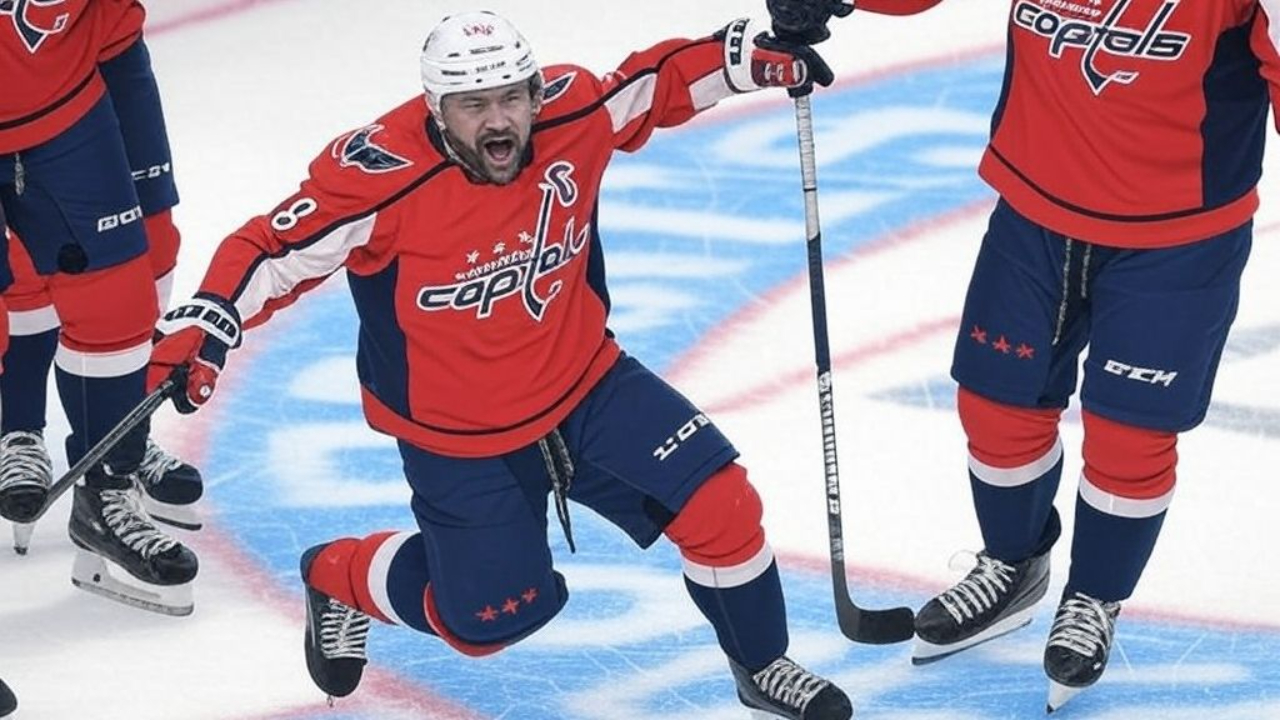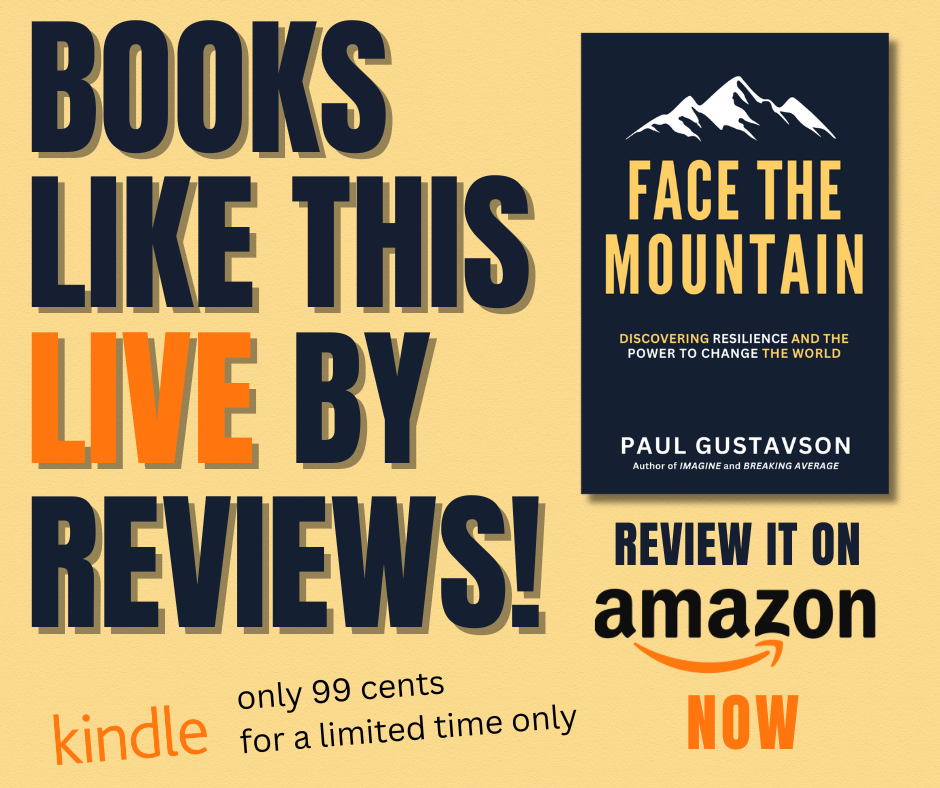Build Trust, Break Records

When Alex Ovechkin tied Wayne Gretzky’s record for most goals, the hockey world erupted.
But behind that milestone wasn’t just one man’s talent—it was a team’s trust. Trainers, coaches, teammates, and staff rallied around Ovechkin, defying skeptics who questioned his comeback after a major injury just months earlier.
When that record-tying shot hit the net, the celebration wasn’t just for Ovechkin—it was for a team that stood by him through every grueling moment. They shared in the pressure. And they shared in the win.
That’s the power of trust.
It fuels resilience. It lifts teams. And it drives greatness.
The Science of Trust: It’s in Your Brain
What made Ovechkin’s team so unshakable?
Trust isn’t just a leadership value—it’s a brain response.
In The Neuroscience of Trust, Paul J. Zak reveals what many leaders miss: when people feel trusted, their brains release oxytocin—a chemical that lowers stress, builds connection, and boosts performance. It’s biology, not buzzwords.
TRUST within organizations and teams enhances engagement and performance. In
Zak’s research shows that trust inside organizations improves engagement, reduces turnover, and fuels productivity. If you’re facing conflict, burnout, low morale, or lack of collaboration, trust isn’t optional—it’s essential.
8 Ways Leaders Can Build Trust (and Why They Work)
Zak outlines eight intentional behaviors that trigger the brain’s trust response. Start here:
-
Recognize excellence immediately – praise right after a win has the greatest impact.
-
Induce “challenge stress” – give real challenges that push people to rise.
-
Grant autonomy – let them own how the work gets done.
-
Enable job crafting – align roles with strengths and passion.
-
Share information – be transparent about goals and strategy.
-
Build relationships – make connection a priority, not an afterthought.
-
Encourage growth – make learning part of your culture.
-
Ask for input – vulnerability builds trust, not weakness.
Zak writes, “The neuroscience shows that recognition has the largest effect on trust when it occurs immediately after a goal has been met.”
These small shifts send a clear message to the brain: you’re trusted, you matter, you belong.
The result? Teams that show up stronger, stay longer, and give their best.
Trust: The Foundation of Great Teams
Trust isn’t a gimmick. It’s built. It’s earned. And it’s essential.
Just as Ovechkin’s team trusted in his comeback, your team can thrive when trust becomes the foundation.
As a leader, you set the tone. Start today—your team’s potential is waiting.
#LeadSmart #TrustMaters
Addendum: Explore Trust and Resilience in My Books
If this message resonated with you, I explore these ideas further in my three books:
-
Face the Mountain – the science and spirit of resilience—how the brain processes challenge, fear, and courage.
-
Imagine – a journey through how the brain dreams, solves, and creates—unlocking potential through vision and belief.
-
Breaking Average – a practical guide to Team-Strong Leadership—how ordinary teams become extraordinary through trust, clarity, and shared purpose.
Ovechkin’s story shows what’s possible when a team believes in a shared goal. That’s the heart of Breaking Average—building teams that move from good to great through trust and intentional leadership.
Each book offers a lens into how the brain, belief, and leadership intersect to unlock what’s possible—for individuals and for teams.
Enjoy the journey.
Check out the graphic below to grab Face the Mountain on Kindle.
And if it resonates with you, I’d be grateful if you’d leave a quick review on Amazon. It only takes a few minutes—but it helps these ideas reach more leaders like you.
Your voice makes a difference.


P.S. Graphic of Ovi celebrating is game tying goal is AI generated. (see openai.com)
Stay connected!
Join our mailing list to receive the latest news and updates from our team. You'r information will not be shared.
